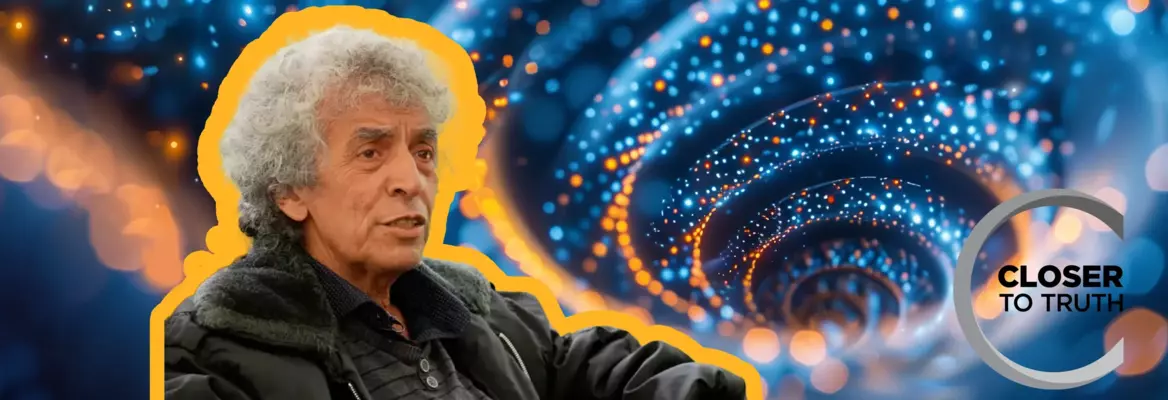Order and chaos are concepts used in everything from theoretical physics to psychology. But are order and disorder built into the fabric of reality itself, or are they just concepts that humans use to make sense of the world? In this interview with physicist Avshalom Elitzur, he argues the physics behind the 2nd law of thermodynamics is indisputable, and explores the implications this has for the future, and possible end, of humanity.
This article is presented in association with Closer To Truth, a partner for HowTheLightGetsIn Festival 2024.
What is entropy and why is it essential to our understanding of the universe?
Entropy is something very peculiar. Let's remember that all physical quantities are conserved: In any closed system, energy is conserved, matter is conserved, momentum is conserved. That means that these values do not vanish and are not created anew.
There is, however, one value which is not conserved, and this is entropy.
Now the question is, what is entropy? There are several definitions or measures.
1. The simplest, and most intuitive, is disorder. Some scientists do not like this definition because they say it's subjective. Other scientists propose some other definitions. I think that disorder is a fairly good definition. But to be more precise, let us give two more definitions:
2. Entropy goes up every time that something irreversible happens. A hot cup of coffee disperses heat into the room's air. You will never see a cup of coffee sucking heat from its surroundings. Or you spill milk, and you know that you will never see this milk going back into your bottle. Similarly for a candle being burnt: you will never see all the particles of smoke coming back into the flame and giving you the white wax again. This is also very intuitive and nice.
3. An akin definition of entropy is equilibrium. Think of a teenager's closet. Make it highly ordered. You have all the shirts on one place, on the trousers on another place, underwear on another shelf. "Ordered" then means "far from equilibrium." Now take again the above hot coffee. You begin with all heat concentrated in the coffee and end up with the heat evenly spread all over. Similarly for the milk, candle etc.
4. Entropy has the highest probability. First let me stress that if any of the above unlikely events (disordered closet becoming ordered by the teenager's unintended use; milk unsplit; candle unburned; etc.) happens, there will be no violation of conservation laws! Energy will be conserved, matter will be conserved, etc. Why, then, do they not occur? Because they are extremely unlikely! Very rarely you will see small reversals of entropy, but only at the microscopic level, i.e. a few molecules. The more molecules involved in the process, the greater the unlikelihood of its reversal. You have to wait billions of billions of years to see such a rare event.
See how all these measures converge? There are a few more. All are different facets of the same thing.
You mention several different definitions of entropy. Is there an objective one?
They are all objective! And moreover complement one another. It depends whether you are a physicist, a mathematician, an engineer, or a chemist. So when I teach thermodynamics, rather than going into the tiring debates which is the best definition, I just teach them all, and then I show that they give you a beautiful, intuitive picture which is very profound.
Switching gears to the Second Law of Thermodynamics: How does entropy relate to the second law?





















Join the conversation